|
A hallucinatory evocation of tentacled nature of self doubt, passion, obsession and the perilous pursuit of perfection, Ivan Zulueta's Arrebato employs a surrealist formalism in which the natural world itself becomes subjugated by the rapturous psyche of a drug-addicted filmmaker whose life is consumed by his craft. Ruminations on art, documentation, and cinema are throw in a blender, as Arrebato's narrative set-up, which I won't detail here, provides an exhaustive avenue of expression, an avenue which fully exhibits the power and magic of cinema as an artistic medium. One of the most singular cinematic experiences one is likely to experience, this loosely defined horror film brings a maelstrom of panache, creativity, and intrigue. Arrebato in a sense is a cinephile's wet dream, a surrealist amalgamation of cinema's ability to shift the ontological lens in wholly unique, ingenious, and transformative ways,
0 Comments
Too saccharine yet it thoroughly exposes the deceptions implicit in the American dream. Kevin Bacon is dynamic, Renfrow's performance another tragic reminder of the talent we lost, and the direction is strong, having a good balance to its imagery, picking the right moments to be impressionistic by design. The film's structuralism and saccharine nature feels like an explicit decision - the traditional and ultimately quite wholesome narrative arch juxtaposed with the performative facade of success. Kevin Bacon's deception of this malleable young man is a dark implication of the English aphorism 'fake it til you make it' in which the ethical life is obfuscated by vapid notions of success rooted in materialism.
Views humanity through a deeply nihilistic lens, the western frontier providing the perfect epoch for Giulio Questi's outre style and cynical polemics. Django Kill.. If you Live, Shoot posits humanity as an intrinsically selfish force, the tangible nature of gold itself eliciting extreme violence. Men are deduced to their most primal impulses of unbridled machismo, slaves to the allure and promise which gold affords those which possess it, a chain reaction which leads to extreme violence. Perhaps overlong but this hallucinatory acid-trip Western sees Questi at the top of his game, with sharp compositions, visual assemblies, and lavish mise en-scene which project artistic ingenuity while providing a cunning juxtaposition to the film's gritty, extreme violence.
An impressionistic nightmare which shows no restraint in its presentation of violence, On The President's Orders details the extra-judicial killings under the regime of President Duterte and his heinous "war on drugs" with the proper sense of poignancy and urgency this subject matter requires. Expansive in its discursive strategies yet pointed in exposing the intrinsic problems with punishment, the few ethical critiques I've seen about this film I honestly find quite baffling. To call the filmmaker's rich aesthetic design " boasting" or "unnecessary" completely misses the point, as this design is instrumental in evoking the sadness, degradation and oppression felt by those the film empowers through its visual medium of expression. The whole aesthetic creates an immersive experience - tension, unease, and outright terror traverse the documentary format, detailing how the poor are always the ones subjugated the worst by any state policy fixated around some intangible sense of morality or consumption. The rhetoric of President Duterte and its polemics reverberates throughout the entire state apparatus, empowering violence by the state via the police, with the less fortunately almost always being the easiest target. Exposes the facade of safety and/or discipline when exhibited from a place of authority, the carceral state incapable of reform due to its intrinsic need to punish. But hey, if you just obey the law, you know?
Set against the backdrop of the NATO bombing of Serbia in 1999, Ornien Glavonic's The Load is an intimate yet observational character study, one in which the sting of silence reverberates throughout with piercing effect. Structurally a character piece with a rather simple narrative which intrigues, never distracts, and ultimately strengthen's the film's underlying intention, The Load encapsulates this sense of stagnation and stillness throughout its plotting, with this silence often only disrupted momentary by the enclaves of civilization which our main protagonist encounters along his long journey from Kosovo to Belgrade. Terror tends to be associated with some variant of action or bombast and yet its more primal state often comes in the quieter moments, the moments which expose how much the repetitious and mundane aspects of everyday life are taken for granted. Events of a cataclysmic nature disrupt such perceived trivialities - the casual smile, the petty argument, or vapid yet cordial exchange - revealing the social deterioration which takes place under abject trauma, the dissolution of a nation providing a powerful expose on familiar themes of identity and diaspora. There is a personal intimacy to this particularly epoch, as The Load offers an incisive juxtaposition which traverses generations - the objective experience of the bombing giving way to the subjective interpretation of the events. Manifestations of resentment, anger, acceptance, and degradation reverberate quietly throughout this character piece, with The Road managing to be deeply personal but also universal, detailing the psychological effects of displacement - implicit in how it exposes the abstract nature of the nation state through its impressionistic examination of the innocent people caught in the crosshairs of geopolitics.
Surrealism used as a device to heighten and evoke existential inquiry with positive results. Phuttiphong Aroonpheng's Manta Ray exudes an understated sense of vibrancy, exhibiting a borderline spiritual experience in which affect is a palpable construction. Ontological in its approach, Manta Ray's rich textual aesthetic evokes and reinforces the subtextual qualities of the film's exploration of a host of issues - identity, diaspora, agency, assimilation - delivering a striking, albeit somewhat familiar meditative study of the human condition which is certainly worth a look. Piercing and memorable imagery throughout this one.
A little more politically pointed than the prior two films, 3 From Hell brings the same blunt force trauma sensibilities to a narrative framework in which Zombie not-so-subtly critiques the carceral state, beckoning to Dostevesky famous 'Judge a Society by its prisons' quote in the most Rob Zombie way possible. Zombie films are the antithesis of nuance or introspection and yet the man understands horror on a far more primordial level than most. The thin yet paramount line which separates organized society from chaos is often nothing more than faith in the institutions and systems which support it, as Zombie's acid trip of macabre plays off this quite effectively, displaying in its three heinous, insane leads characters whom have rejected society completely, with morality becoming an afterthought when life itself is viewed as meaningless, purposeless, or unjust. Zombie isn't interested in a sympathetic portrait - he is too interested in dabbling in various motifs of subversive horror - but these characters remain outcasts who've rebelled through use abject violence. There is something there, something in which I wish the filmmakers would have shown more interest in fully expressing but I mean, its a Rob Zombie film aka It's far from incisive but it's interesting none-the-less.
Halfway through this movie I became more interested in coming up with smart ass remarks about Ari Aster films than actually watching Midsommar so I think that says more than enough and yet, here we go. This film is like a guy took a film composition 101 class and then thought it was a profound concept to inject emotional trauma and relationship dynamics into an outre, horror framework. Midsommar wants to be incisive yet the film is really on the same level as most mainstream horror fare, its formalist rigor nothing more than a facade, a promise of something more which never comes to fruition. Sleek aesthetics can't cover-up the film's thin characterizations with Asher seemingly unwilling, or incapable, of spending the time necessary to establish characters which feel real. Instead the characters of Midsommar feel simply like props for the film's off-kilter imagery, a fact that really hurts the film given its desire to be about something more than gleeful macabre. Through thin characterizations which are crudely stated not organically revealed, the film's thematic intentions are also slight and underdeveloped, as Asher bluntly reveals the film's overarching themes in the prologue - grief, trauma and toxic relationships - only to then largely ignore them over the next 120 minutes before circling back around in the film's finale frame. Perhaps this would be largely my overarching criticism - the filmmakers want to have the best of both worlds yet there is an unwillingness to spend the necessary time on anything outside of aesthetic design. Midsommar feels vapid due to its disinterest in establishing emotional dynamics and fully-fledged characterizations, which leaves us with an overlong, self-indulgent film that says absolutely nothing, with the approach being the antitheses of something which is holistically realized. For my money, I wish the film would have gone pure satire or at least adhered more to the old-school, straightforward horror archetype, as I could see myself liking a self-aware, 100 minute version of this film which doesn't take itself too seriously. To the quips! This film is the material equivalent of the "oh, I get it" scenario in which someone explains the narrative or thematic intentions of the film to you when you tell them you thought it was bad. It feels almost like these A24 is producing films like this exclusively for the slick marketing campaign where transgressive imagery provides killer b-roll, with Midsommar being a film that is wholly uninteresting on nearly every level due primarily because it refuses to go all the way, in one direction or the the other, opting instead for this middle ground in which it insults your intelligence while it puts you to sleep.
Definitely the type of cinematic pastiche I can get behind, Begos doesn't just wear his influences on his sleeve, he violently expresses them with bluster and bravado. With Bliss, Begos draws heavily from works such as Abel Ferrara's The Addiction and Larry Fessenden's Habit, delivering a familiar yet transfixing descent into violence and madness. Those looking for subtext or meaning may be disappointed, as Begos intentions here never feel more than textual, the general conceit of the story being nothing more than a device of empowerment for the director - serving as a clean palette for which Begos can unleash his brand of unrestrained macabre.
Begos whole aesthetic and directorial sensibilities seem rooted in nostalgia for the film's he grew up on. His cinematic pastiche is precise and welcoming, with every one of his films to-date being a slight subversion or mutation of underseen or overlooked films from the past. With VFW, Begos delivers a violent, visceral lofi throwback of the siege film in which he employs a host of cinematic royalty to play out their heroic brand of machismo one last time with fervor and a sense of unadulterated fun which is palpable from start to finish. Bego's film's lean into their b-movie sensibilities with VFW being no exception. It's essentially the ultimate dad movie juxtaposed with punk rock cinema, as actors like Stephen Lang, Fred Williamson, and William Sadler play old ex-Vietnam vets whom through unforeseen circumstances find themselves in the fight of their lives with a violent gang of punks - their old VFW bar serving as the single location for this violent, lean piece of filmmaking. It's essentially the "I'm too old for this shit" motif played out over 90 minutes and it's glorious due primarily to Begos ability to deliver precisely what he promises, nothing more, nothing less.
|
AuthorLove of all things cinema brought me here. Archives
June 2023
|
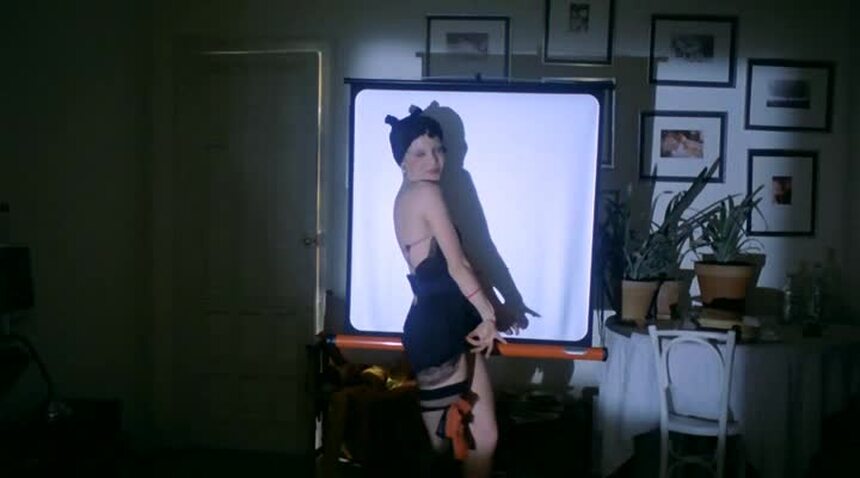
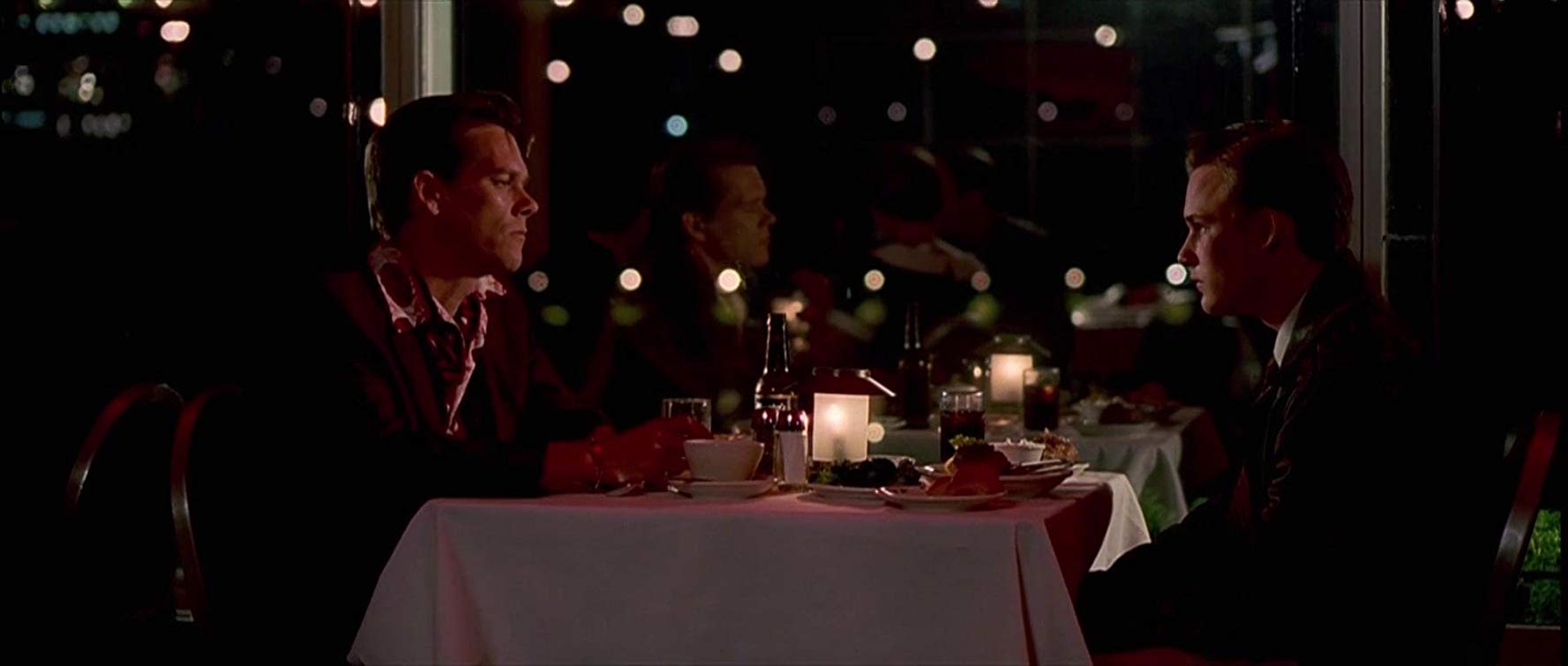
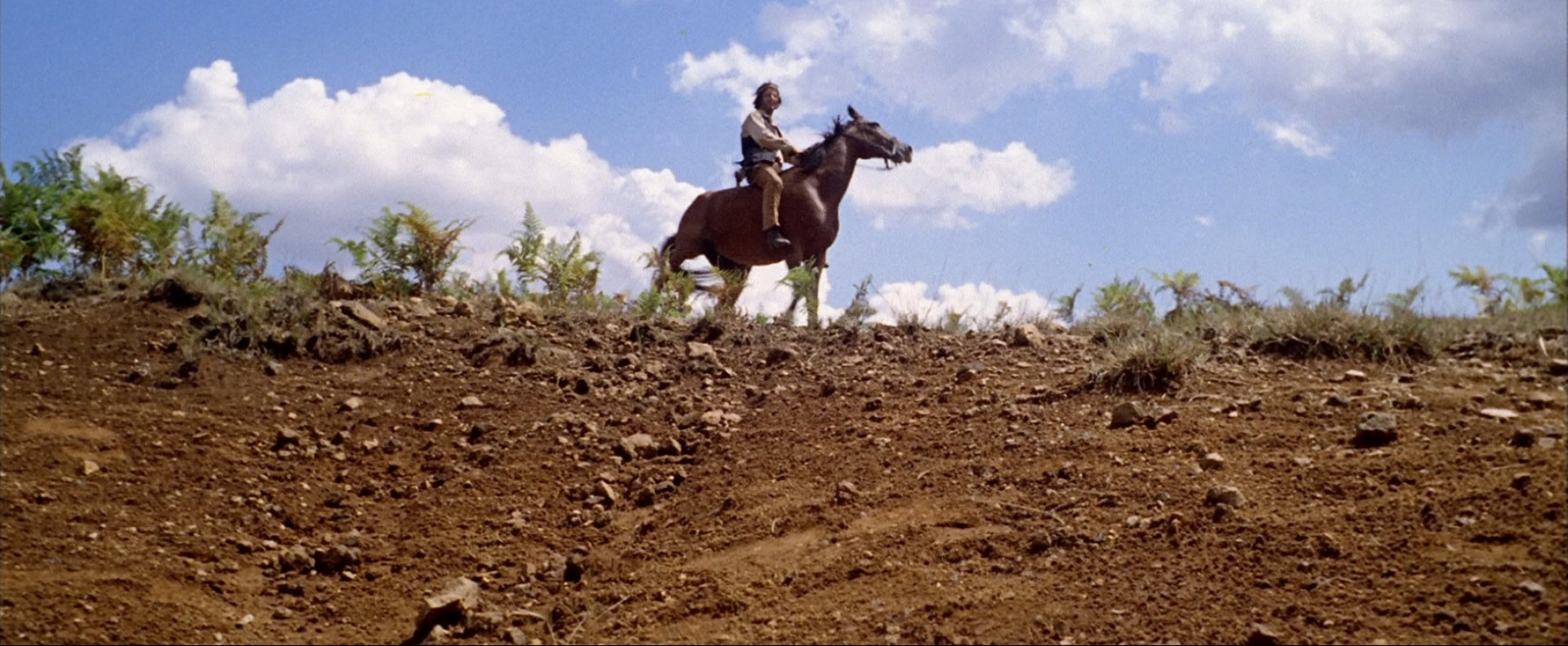
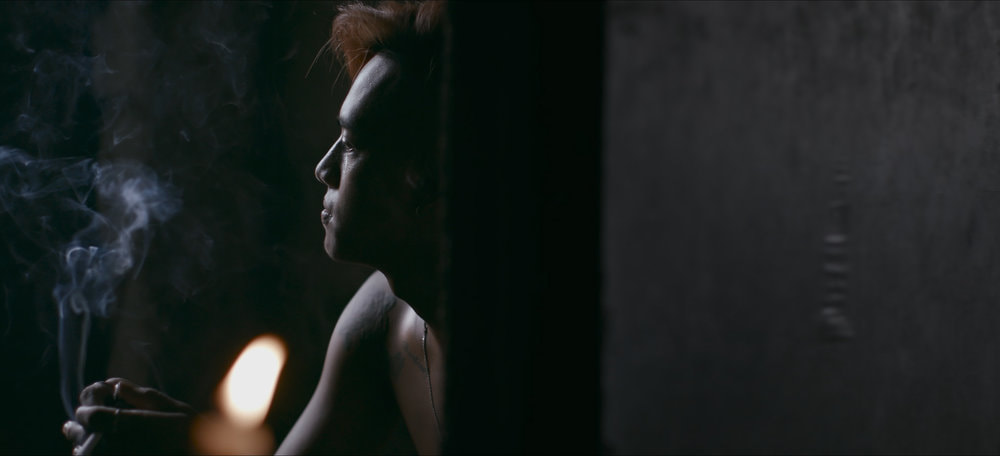
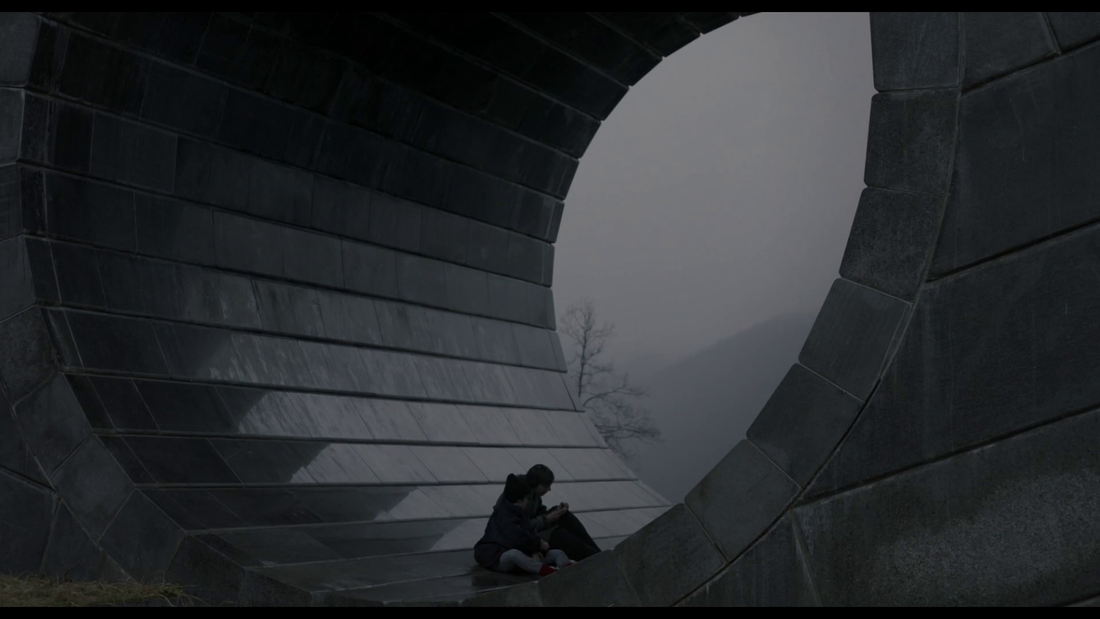
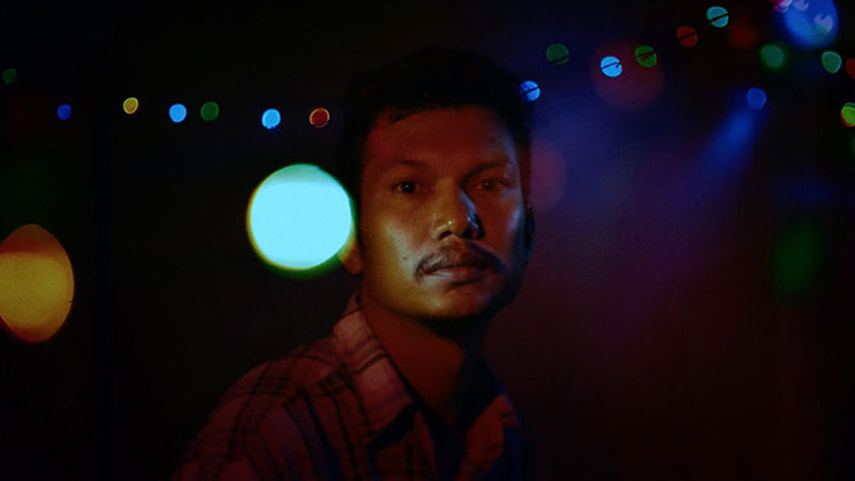
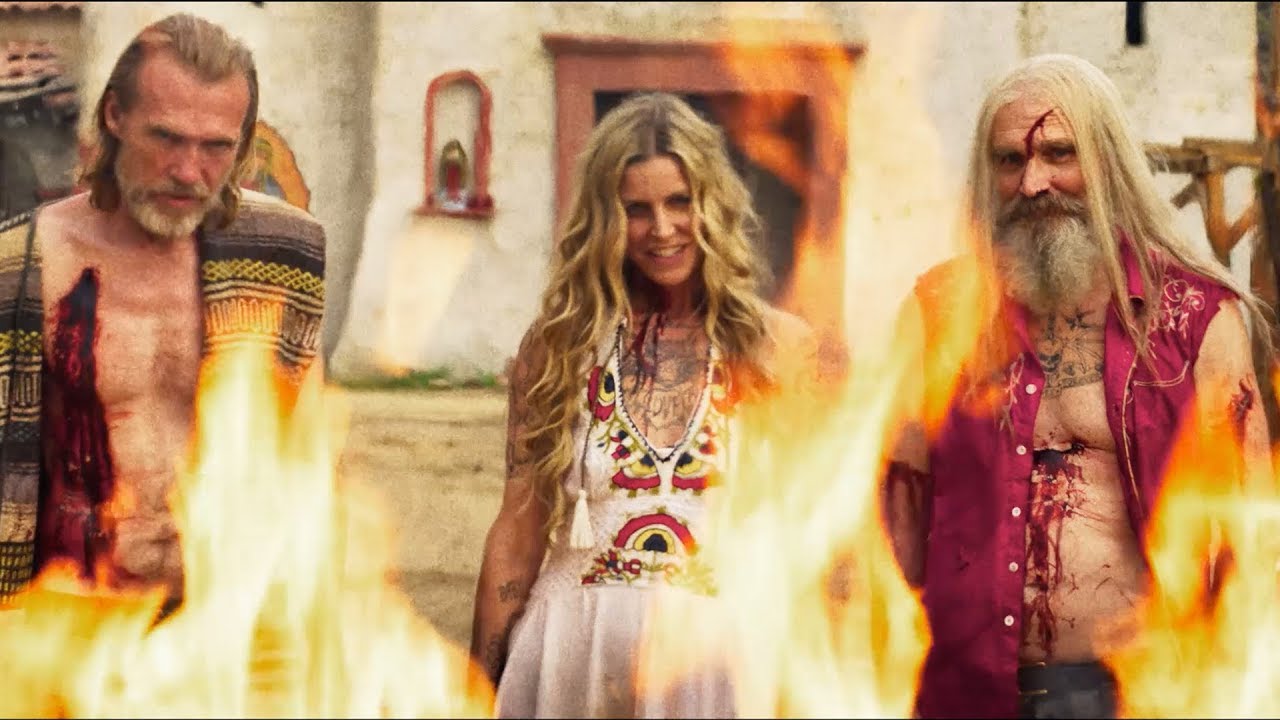
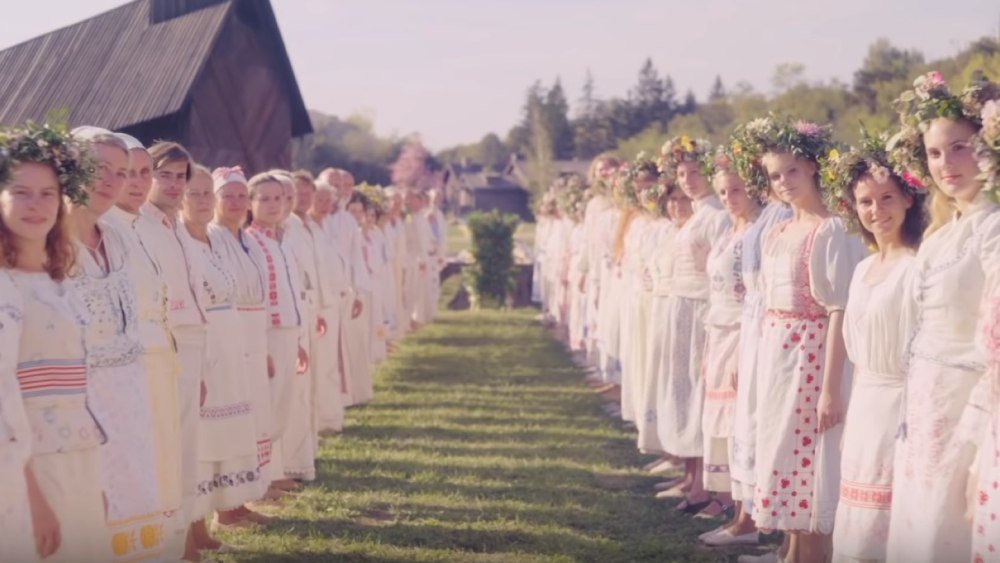
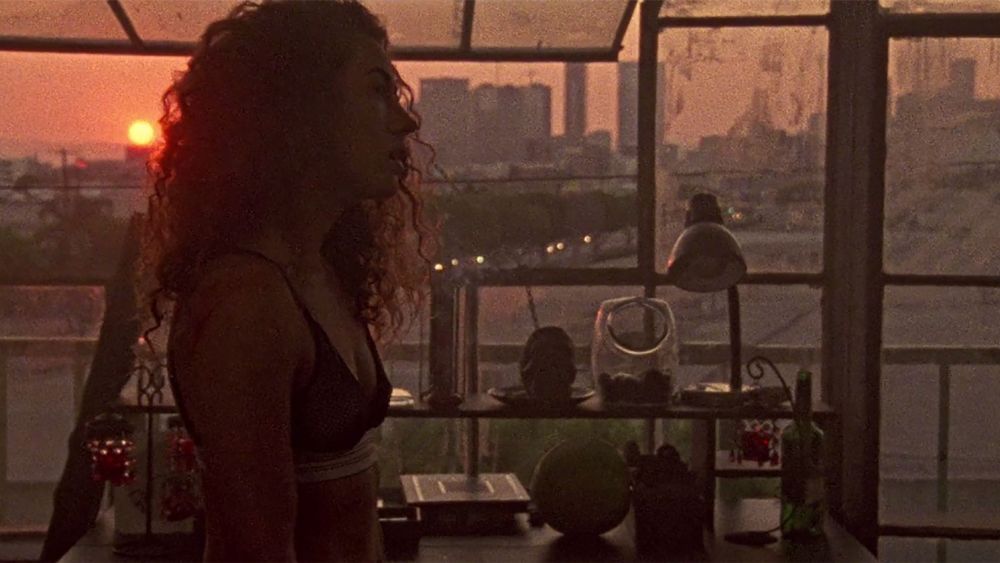
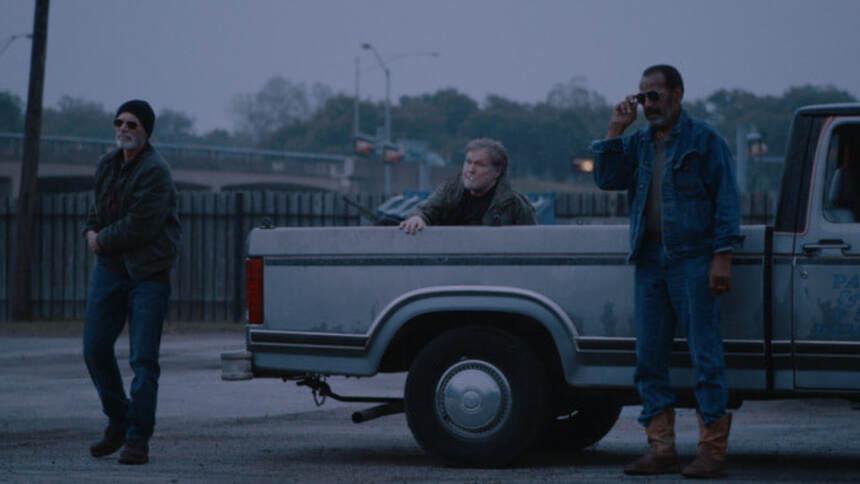
 RSS Feed
RSS Feed
